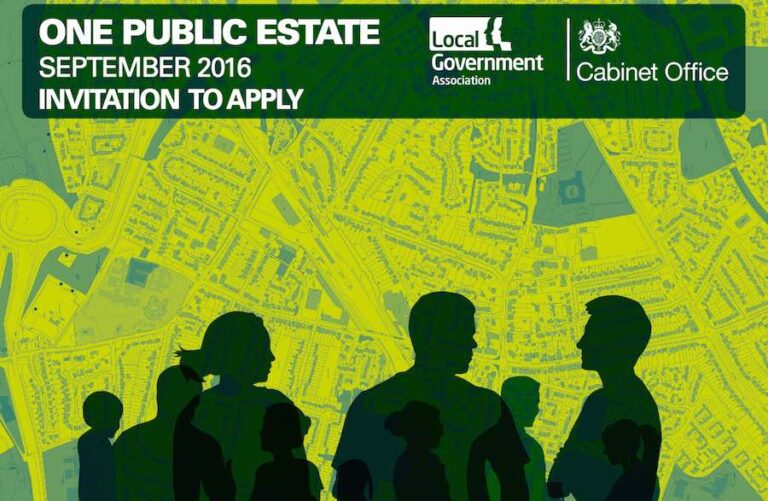In the July 2015 budget, the then Chancellor of the Exchequer, George Osborne, announced “the great privatisation”. The sale of government assets, he said, would “deliver the biggest privatisation proceeds in history”. To everyone, this appeared to be just another aspect of so-called austerity. Appearances can be deceiving.
Following Chancellor Osborne's Budget, UK Column filed a Freedom of Information request with the Treasury seeking details of “great privatisation”, but no details were released and, a year and a half later, the Treasury has still not provided the information requested.
In its response, the Treasury pointed to the fact that information about big-ticket items such as the sale of assets such as Eurostar, the remaining shares in Royal Mail, Lloyds, RBS, UK Asset Resolution, student loans and the Kings Cross property development was publicly available as a reason for refusing to respond to the request.
The Treasury did not provide any information about the sales of smaller assets – land and buildings sold at bargain prices to property developers around the country, which still add up to millions of pounds. The Treasury said it would be extremely difficult to keep track of all these small assets – there is no “central searchable database of such sales”. However, the next sentence explains that “searches targeted at the specific assets you mention return a very large number of results”.
Which was it? Do they have a database of such assets? Surely it is the Treasury's job to know what assets government departments and agencies are selling. How else would they know if government funds are being misappropriated?
Big Society, Big Lies
Just over a week ago, Prime Minister David Cameron announced his plans for the future, in which he will oversee the expansion of the National Citizen Service, a key part of the “Big Society”.
David Cameron's Big Society is a rebranding of Tony Blair's “Third Way” – different politicians, different parties, different policy agenda.
The Big Society is presented as a system in which “considerable responsibility for the running of society is devolved to local communities and volunteers”. This is sold as putting “power” in the hands of local people, achieving local democracy, and decisions that affect local people being made locally rather than in far-away Westminster. Except when they aren't.
At the heart of the Big Society is the influence of non-governmental and civil society organisations, which not only lobby for policy but in some cases “work with” directly within government agencies, for example to ensure that no child at risk of harm is overlooked, or that all those at risk of radicalisation are identified.
As a result, largely covert programmes such as Multi-Agency Public Protection Arrangements (MAPPA) and Multi-Agency Protection Hubs (MASH) have been launched alongside more overt prevention strategies. These programmes bring together people working in local authorities, police, schools, the NHS, charities and other NGOs and CSOs to ‘work together’.
This “cooperation” takes place behind closed doors, with little or no public oversight. One might argue that children at risk should not be overlooked, but in reality they still regularly are. When they are overlooked, these new collaboration networks band together and the cover-up is complete. There is no operational independence, and because the police are now “colleagues”, a proper investigation is not possible.
This amounts to a complete destruction of the separation of powers at the local level.
One Public Estate
One Public Estate was first launched in June 2013, jointly by the Cabinet Office and the Local Government Association. It is a “pioneering initiative” and a “key pillar” of the government's investment strategy, because the government is “committed to unlocking the value of public sector assets, particularly land and property”.
More than 50% of local authorities in England and Wales are now involved in local One Public Estate ‘shared estate-led projects’ to ‘transform’ local services.
These projects will involve the sale of public assets at an unprecedented rate, forcing central and local governments to jointly share facilities and services.
With local authorities in England and Wales holding assets of £225 billion, there is clearly a financial motivation for this consolidation: local authorities have already sold land and property worth £10.641 trillion between 2010 and 2015, but the Treasury apparently has no records of the sales.
But bringing central and local government departments together in the same building, together with the police, and consolidating and outsourcing back-office functions, as is already happening in Plymouth, takes on a whole new dimension: you end up with far more colleagues than you might see occasionally.
MAPPA, MASH and Prevent have made colleagues of people who should be independent of each other, and putting everyone together in one public facility takes the destruction of separation of powers to a whole new level.


